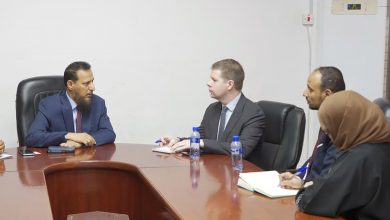Algiers, Algeria – Algeria’s advancements in pharmaceutical production and health technologies offer a viable and practical model for other African nations, according to Professor Kamal Sanhadji, President of the National Agency for Health Security. He made the remarks today in Algiers during the African Ministerial Conference on Local Pharmaceutical Production and Health Technologies.
Professor Sanhadji emphasized that Algeria possesses a robust industrial and regulatory infrastructure, crucial for ensuring the safety and high quality of pharmaceutical products. This established framework, he argued, provides a solid foundation upon which other African countries can build their own pharmaceutical industries.
“The Algerian experience demonstrates that local pharmaceutical production is not only feasible but also essential for ensuring access to affordable and quality medicines,” stated Professor Sanhadji. He highlighted the importance of collaboration and knowledge sharing among African nations to accelerate the development of the pharmaceutical sector across the continent.
The conference aims to foster discussions and collaborations among African ministers of health, industry experts, and stakeholders to promote local pharmaceutical manufacturing and reduce reliance on imported medicines. Participants are exploring strategies to strengthen regulatory frameworks, attract investment, and enhance technological capabilities within the African pharmaceutical industry.
Algeria has made significant strides in developing its pharmaceutical sector in recent years, focusing on producing a wide range of essential medicines locally. This initiative is part of a broader effort to improve healthcare access and reduce the country’s dependence on foreign suppliers. The Algerian model emphasizes quality control, regulatory compliance, and investment in research and development to ensure the production of safe and effective medicines.
The hope is that by sharing its experience and expertise, Algeria can play a key role in supporting the growth of the pharmaceutical industry across Africa, contributing to improved health outcomes and economic development.




